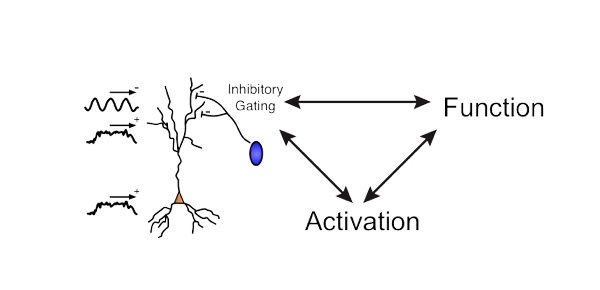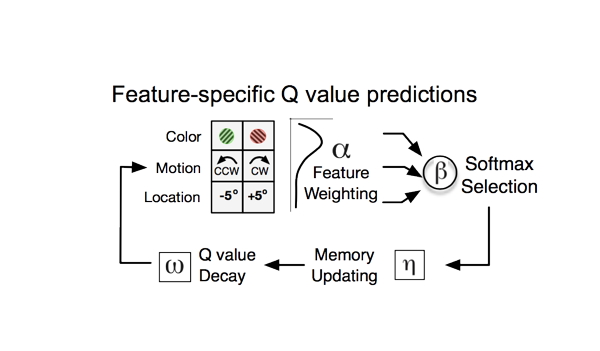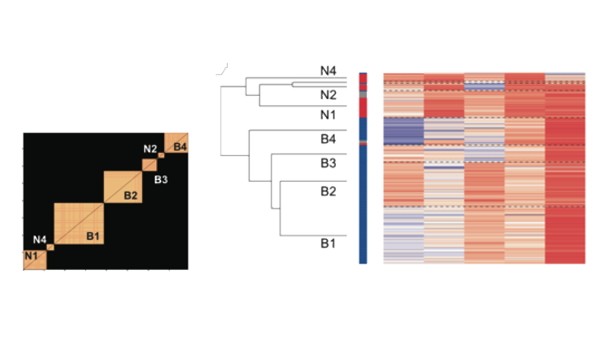We have a new major finding published at Neuron. We found that spiking in different areas (ACC, Striatum, LPFC) engage in ~20ms wide correlations, and that this coordinated activity has systematic time lags that correspond to the anatomical connectivity. These ‘baseline routing states’ are amplified during beta bursts, and switch directionality (between ACC and PFC) during bursts in the theta frequency band (and with attention and during a choice).
The paper has multiple unique analyses and findings, is backed up by biophysically realistic modeling and shows that the specific neurons that contribute to a directionally leading routing state can be identified.
The implications of this paper can be huge, as it documents a neuronal ensemble mechanism that correlates in 20ms time windows during inter-areal coordination. Kudos to Kianoush Banai Boroujeni to have pulled off such a comprehensive and sophisticated novel insight !







